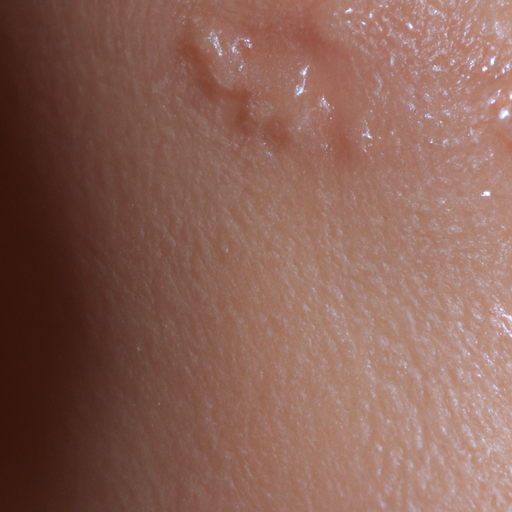As a dermatologist, I encounter patients with various skin types and conditions daily. One of the most common issues is oily skin, which can lead to acne, blackheads, and a shiny complexion. While oily skin can be challenging to manage, it is not impossible. Here are six expert tips to help you conquer oily skin and banish that unwanted shine.
1. Choose the Right Cleanser: The first step in managing oily skin is choosing the right cleanser. A gel-based or foaming cleanser is best for oily skin as it helps to remove excess oil without stripping the skin of its natural moisture. Look for ingredients like salicylic acid or benzoyl peroxide, which can help to break down excess sebum. Avoid harsh soaps or alcohol-based products as they can over-dry the skin, causing it to produce more oil.
2. Exfoliate Regularly: Exfoliating helps to remove dead skin cells that can clog pores and cause oiliness. However, it’s essential not to overdo it. Over-exfoliation can irritate the skin and stimulate more oil production. Aim to exfoliate once or twice a week with a gentle, oil-free scrub.
3. Hydrate Wisely: It’s a common misconception that oily skin doesn’t need moisturizer. In fact, skipping this step can cause your skin to produce more oil to compensate for the lack of moisture. Opt for an oil-free or non-comedogenic moisturizer that won’t clog your pores. Look for ingredients like hyaluronic acid, which can provide hydration without adding oil.
4. Use a Mattifying Primer: If you wear makeup, a mattifying primer can be your best friend. It creates a smooth base for your makeup and absorbs excess oil throughout the day, keeping your skin looking fresh and shine-free.
5. Blotting Papers Are Your Friend: These thin, small papers are perfect for touch-ups throughout the day. They absorb excess oil without disturbing your makeup or over-drying your skin. Keep a pack in your purse or desk for a quick fix when you start to see shine.
6. Consider Professional Treatments: If your oily skin is persistent and causing significant issues like acne, it might be time to seek professional help. Dermatologists can offer treatments such as chemical peels, laser therapy, or prescription medications that can help to regulate oil production and improve the overall health of your skin.
Remember, everyone’s skin is different. What works for one person may not work for another. It may take some trial and error to find the right routine for your skin. However, with patience and consistency, it is possible to manage oily skin and achieve a healthy, shine-free complexion.
Lastly, it’s important to note that having oily skin isn’t all bad. The natural oils your skin produces help to keep it hydrated and protect it from environmental damage. So while it’s understandable to want to reduce the shine, remember that a certain amount of oil is necessary for healthy skin. With the right care and products, you can strike a balance that works for you.



